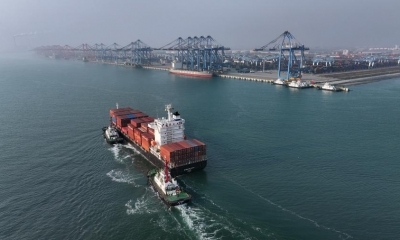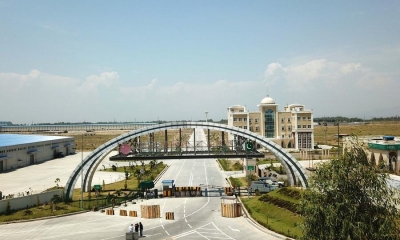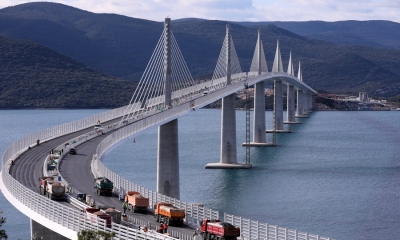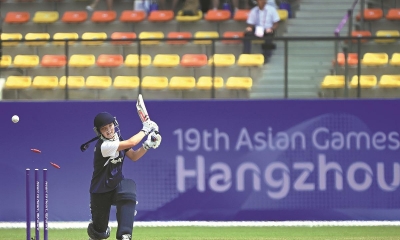Why We Commemorate the Victory of the War of Resistance Against Japanese Aggression
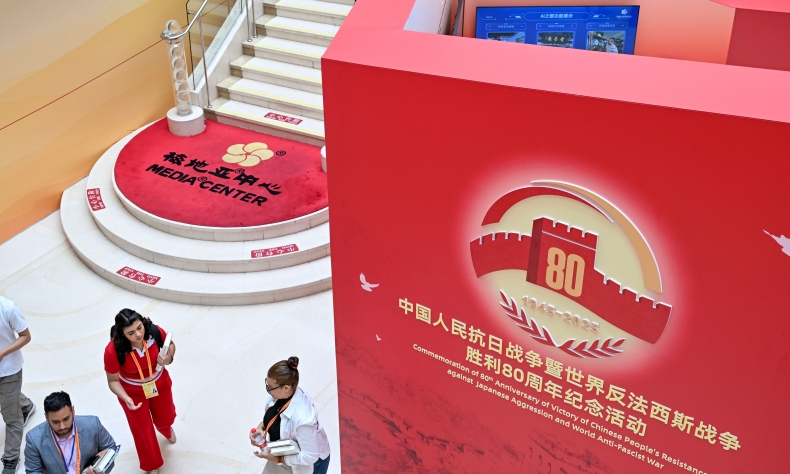
Despite Japan’s indulgence in ostrich syndrome, the Chinese government always hopes that facing and accepting realities are the sole solution to a stable and sustainable future.
The year 2025 is a significant moment in human history because it marks the commemoration of the 80th anniversary of a phenomenal victory — the triumph of the Chinese People’s War of Resistance Against Japanese Aggression and the global victory in the World Anti-Fascist War. The occasion comes up with many lessons to learn for peace, development and a promising future for mankind in the length and breadth of world.
The gala day to mark the victory is set to take place in Beijing on September 3 with many world leaders attending the event. Chinese President Xi Jinping will deliver a speech at the parade.
Since the epic event that marked the formal surrender of Japan in 1945, is overwhelmed with national pride, struggle and sacrifices, flurry of joyful and elaborate programs is being organized including seminars, pictorial exhibition, festivals and museum extravaganza in different parts of the world offering a glimpse of tales that 80 years ago, for 14 years and more, the Chinese people fought valiantly against Japanese aggression.
Such a package of shows tells the story of how Chinese people won the great victory of this devastating war and restored Taiwan from the illegal occupation of Japan, declaring the complete victory of the World Anti-Fascist War.
From 1931 to 1945, a 14-year-long period of Japanese imperial brutality, China suffered a lot but later rose as a winner with deep scars on the land and people of China. In accordance with historical accounts and facts, more than 35 million Chinese including soldiers and civilians were killed or wounded during the war of resistance.
The Nanjing Massacre remains one of the darkest chapters in modern history. After capturing the city in December 1937, Japanese troops killed an estimated 300,000 people in six weeks of mass slaughter, rape and looting. In 1948, the International Military Tribunal for the Far East sentenced key Japanese officers responsible for the massacre to death.
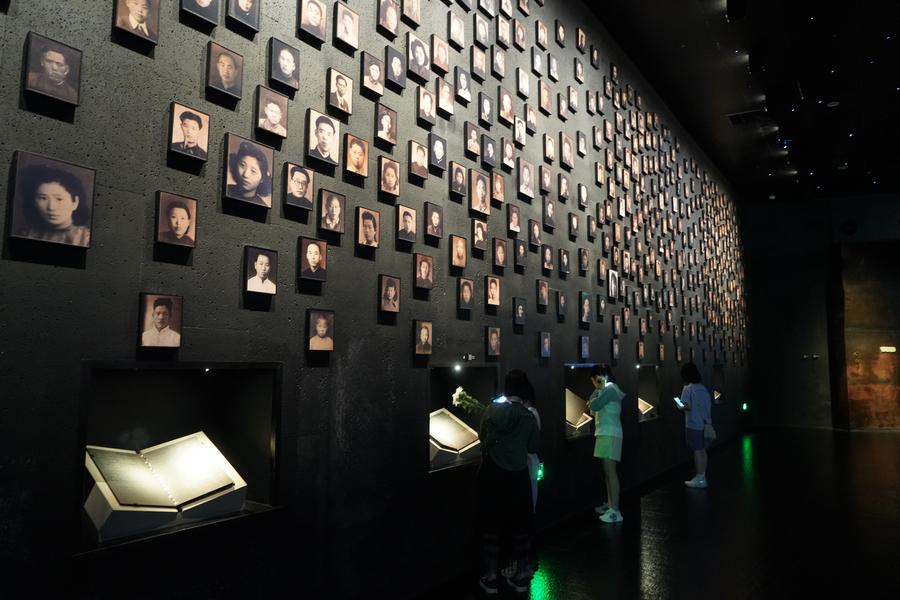
The 80th anniversary of this historic victory is a magnificent prospect to peep into the torments and sacrifices made by countless heroes, both named and unnamed. It is a clarion call to honour the values of peace, sovereignty, territorial integrity, cooperation, and mutual respect that underpin today’s international order.
China bills this anniversary as a reflection of its people’s hardships and resilience, and a robust reaffirmation of its resolve to peace and prosperity.
The celebration of the 80th anniversary of war of resistance aims to uphold the supremacy of historical truthfulness and maliciousness unleashed by Japanese politicians. Defying the facts, the Japanese government and its scholars have always tried to water down, distort, and delete the history of Japanese aggression from school textbooks and public agenda.
Despite Japan’s indulgence in ostrich syndrome, the Chinese government always hopes that facing and accepting realities are the sole solution to a stable and sustainable future. China believes that Japan should demonstrate its determination for peaceful development, and work with China to push forward the sound and stable development of China-Japan relations in the spirit of “facing the past and opening up the future”.
Atsushi Koketsu, a Japanese professor emeritus from Yamaguchi University and a historian specializing in modern Japanese political and military history, noted in a recent interview that frequent denial of Japan’s wartime aggression by politicians, along with visits to Yasukuni Shrine, have deepened mistrust in Asia.
He advocated for Japan to face up to its history and take moral responsibility for its war crimes, rather than focusing solely on its suffering from the war. He also warned that Japan’s strengthening of its military alliance with the United States and increasing defense spending suggest a trend of concern toward re-militarization.
It is worth mentioning that the current international order was established on the basis of the victory of World War II. China was among the top builders of this order. As the world undergoes great changes unseen in a century, China stands on the side of historical progress and justice, and champions an equal and orderly multipolar world.
It practices true multilateralism, upholds the UN-centered international system, the international order underpinned by international law and the norms governing international relations based on the purposes and principles of the UN Charter, and promotes a more just and equitable international order.
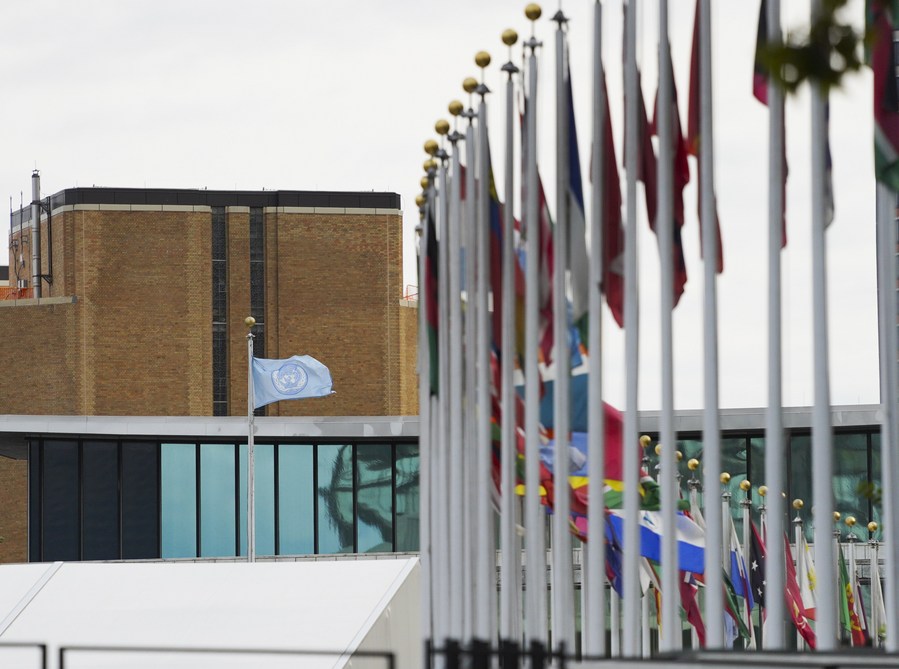
Younger generations may ask what significance the war has on today’s world, and the answers are myriad. While many ideological differences were put aside to defeat a fascist axis, the allied coalition showed the true potential of collective endeavor. A valuable lesson as the world confronts similarly unifying challenges: COVID-19, geopolitical tensions, geoeconomic fragmentation, and climate change.
There was a collective feeling, that the price of war was too high, and peace should be maintained by appeasement, containment, and sanctions. The world lacked an effective system of engagement and arbitration.
After the conclusion of the Anti-Fascist War, political disengagement was rapid as old differences arose. A Cold War between the West and Soviet Union developed. This tension came close to an all-out war in 1962, during the Cuban Missile Crisis. It was not provocative rhetoric or increased military pressure that prevented war, but political engagement at the UN. The UN, set up in the wake of the Second World War to prevent such crises from arising. If nothing else, the 80th anniversary should be remembered as a remembrance of the past and a renewed commitment to prevent a repetition of such suffering.
The subsequent decades after the war also demonstrate that our enemies of the past do not need to be our enemies of the present or future. In Europe today, Germany is at the heart of the European Union and Japan is one of the United States’ leading trade partners and political allies. Overcoming the oppression of fascist dictators meant that nations had the ability to forge their own paths and not be shackled or beholden to the ways of the past.
Pakistan, all-weather friend of China, held programs to commemorate the 80th anniversary of the War of Resistance against Japanese Aggression. In this regard, the Institute of International Relations and Media Research (IIRMR) held a seminar.
Meanwhile, a three-day Chinese Film festival and Picture Exhibition on the theme “War for Peace” took place at Alhamra Art Center in Pakistan giving audiences a unique cinematic experience that underscores a sense of sacrifices, unity, leadership, national resilience and steadfastness laid down by China during World War II.
The article reflects the author’s opinions, and not necessarily the views of China Focus.
 Facebook
Facebook
 Twitter
Twitter
 Linkedin
Linkedin
 Google +
Google +




